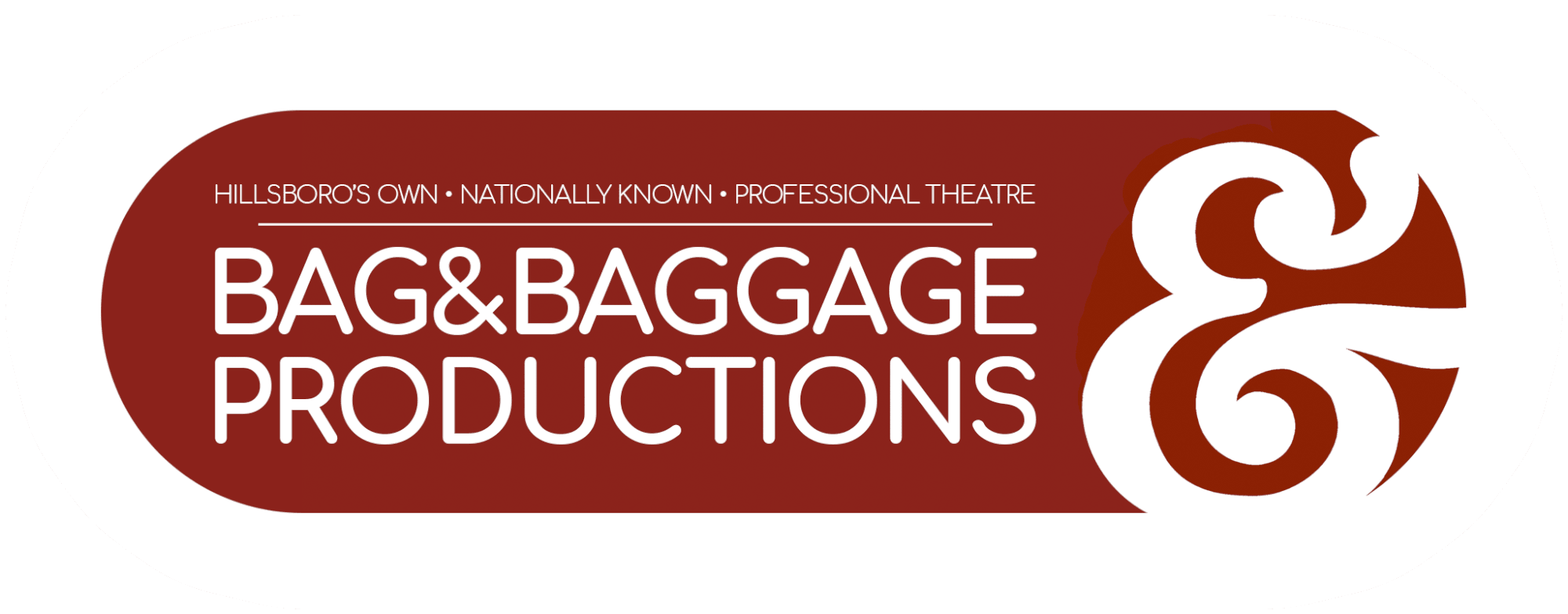- Skip to primary navigation
- Skip to secondary navigation
- Skip to main content
- Skip to primary sidebar
What The Hell Is Elocution?: Kymberli Blogs on Bell, Book and Candle
el-o-cu-tion
noun
• the skill of clear and expressive speech, especially of distinct pronunciation and articulation
• a particular style of speaking
When I went to theatre school to get my degree – we were still being taught from a book by Edith Skinner called “Speaking With Distinction”. From 1937 to 1974, Skinner was on the faculty of the Carnegie Institute of Technology (later Carnegie-Mellon University) in Pittsburgh. She also taught at the Julliard Theatre Center in New York, and at the University Of Wisconsin. In fact, this volume still graces the shelves in my office to this very day.And Edith Skinner was the grande dame of the MidAtlantic dialect, also known as TransAtlantic speech – elocution coach to the stars of stage and screen and teaching generation after generation of actors this skill.
Where exactly is “Mid-Atlantia” one might ask?
Precisely – nowhere.
And yet, this heightened dialect was adopted and used on stage and screen during a time loving called the Golden Age of Hollywood from the 1920’s to the 1960’s. And it’s most famous poster child would probably be Miss Katherine Hepburn.
Naturally, when one is on the stage and screen, one must speak to be understood – and this unique and completely invented mash-up – part British, part-American, pseudo-posh way of speaking was the ‘gold standard’ in its day. In fact, it was used not only by actors and actresses but was also taught in elocution classes (Ah-ha! There it is!) in fancy prep-schools could also be heard emanating from politicians and corporate magnates and other grand pooh-bahs…sending a signal that I am highly ‘ed-you-cated’ and well spoken and should be taken seriously.
In Britain, class bias can literally be heard — someone with a Cockney or East-End accent was automatically assumed to be the commonest of commoners compared to a speaker using the Queen’s English dialect. How interesting that this ‘invented’ American dialect became such a powerful oral and aural communicator of ‘class’ and ‘power’ in the aspirational stories and narrative of America in our movies and plays.
In the theatre, we use dialects to anchor characters in time, place and status…it’s an easy way to quickly communicate the world we are creating. And we are using the MidAtlantic dialect in Bell, Book and Candle to do just that, a short-hand if you will, to invite you into a nostalgic space to draw certain conclusions about our characters and see if they play out in the end.
And I think, we still use speech to assign bias to individuals in the real world as well…this ‘classism’ still resonates to this day in different modern American and worldwide ‘dialects’ – even thought the specific use of ‘Mid-Atlantic’ speech in films, plays and public speaking went by the wayside as the gritty, realism of the 1960’s and beyond set in.
Those plays and films of yesteryear were usually used to promote a particular aspirational narrative about America and the American Dream…they were the stories of the rich and famous and powerful and those who longed to be and have and do the same…based in a completely made-up and unmoored sound.
I invite you to ponder how many other ways of speaking, seeing and assuming things about people IN THE REAL WORLD — in the REAL STORY of America…may have mislead you into adopting biases that are in fact — completely made-up. Just like the MidAtlantic dialect….
![]()

Reader Interactions